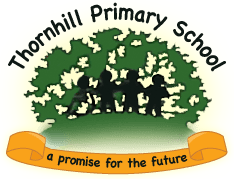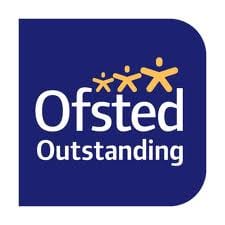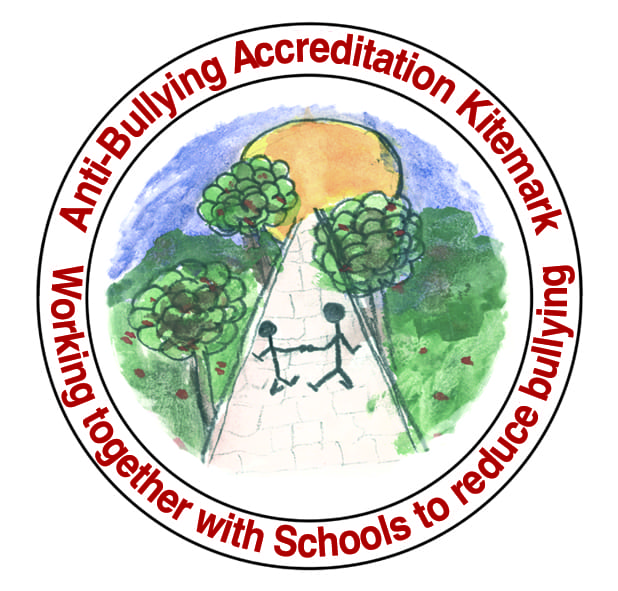Progression Skills
Science vocabulary progression
| Philosophy |
| The teaching of Science at Thornhill Primary aims to encourage inquisitive thinking to enrich children’s natural curiosity in order to grow a strong understanding of the world around them. Acquiring knowledge and an understanding of scientific processes enables the pupils to make links between Science in the classroom and its implications within today’s world, and importantly, the future.
|
| Intent: What we are trying to achieve through our curriculum… |
| At Thornhill Primary School, our children are Scientists from the day they start school. We encourage and support them to be inquisitive and curious about the world around them by providing them with a wealth of opportunities to explore and find out for themselves, make connections and discover the importance of Science in their everyday lives. We want our children to love Science.
Science is ever changing and is fundamental for a prosperous future, which we strive to facilitate and stress the importance of when delivering the teaching of the processes, methods and knowledge of our broad and balanced curriculum. We aim to provide our children with the knowledge and skills they need to be successful learners and in their wider lives in an increasingly scientific and technological world. We want our children to remember their Science lessons in our school, to cherish these memories and embrace the scientific opportunities they are presented with. To achieve this, our Science teaching is based around exciting, practical hands on experiences that encourage curiosity and questioning. Our aim is that these stimulating and challenging experiences help every child secure and extend their scientific knowledge and vocabulary, as well as promoting a love and thirst for learning. Our Science curriculum encourages open-mindedness, self-assessment, resilience and developing the key scientific skills including: observing, measuring, predicting, hypothesising, experimenting, communicating, interpreting, explaining and evaluating. |
| Implementation: How our curriculum is delivered… |
| At Thornhill, we have a coherently planned and sequenced curriculum, which has been carefully designed and developed with the need of every child at the centre of what we do. Teachers create a positive attitude to Science learning within their classrooms and reinforce an expectation that all pupils are capable of achieving high standards in Science.
Our whole school approach to the teaching and learning of science involves the following; Early Years Foundation Stage In the Foundation Stage, children are taught Science through the key areas of learning set out within the EYFS Statutory Framework. · Through a broad range of teacher-led, child-initiated and continuous learning opportunities, children will be taught to: · Use their senses to investigate a range of objects and materials · Find out about, identify and observe the different features of living things, objects and worldly events · Look closely at similarities, differences, patterns and change · Ask questions about why things happen and why things work · Develop their communication and co-operation skills · Talk about their findings, sometimes recording them · Identify and find out about features of the place they live and in the natural world around them Key Stage 1 and 2 · In Key Stage 1 and 2, Science is taught in topic blocks as set out in the long term plan. This ensures that all topics are covered across the year and enables clear progression through the year groups. Every year group will build upon the learning from prior year groups therefore developing depth of understanding and progression of skills. Children have weekly Science lessons, with teachers following the National Curriculum for their year group, supported by the long term plan and progression of skills document. We use the Rising Stars Switched on Science as our main Science scheme along with Collins Snap Science as a supplement. However, teachers do not use these schemes word for word, but choose and adapt lessons carefully to suit the needs of their class, whilst still ensuring that all National Curriculum elements are taught fully. In Year 1 Switched on Science takes a more topic based approach to its lessons. We do not do this, as we believe it is important that children view Science as a subject in its own right and that they receive explicit Science teaching rather than it becoming lost with other areas of learning. For this reason we use Snap Science as our main scheme in Year 1. Teachers promote enjoyment and foster interest of the scientific disciplines; Biology, Chemistry and Physics. Children explore, question, predict, plan, carry out investigations and observations as well as conclude their findings. Children present their findings and learning using science specific language, observations and diagrams. All Science lessons at Thornhill have an element of practical, hands-on learning if appropriate and we are well resourced to do this across all year groups. When planning and carrying out scientific investigations we use a framework called the ‘Shape Code.’ This links each part of the investigation (Question, prediction, method, fair test, results and conclusion) to a shape. This ensures consistency in how investigations are presented to the children across the school and the shapes are used from Year 1 even if only part of the investigation is being carried out by the children. The shape code is displayed in all classrooms from Year 1 to Year 6. · Teachers encourage children to use a developing scientific vocabulary as they progress through each year group. Time is spent during lessons introducing and reinforcing age appropriate scientific vocabulary. Children are given opportunities to consolidate their use of scientific vocabulary as they move through the year groups. Children are encouraged to use scientific vocabulary, both written and verbal, to explain their ideas and make sense of their observations and findings. Working Scientifically skills are embedded into lessons to ensure that skills are systematically developed throughout the children’s school career and new vocabulary and challenging concepts are introduced through direct teaching. This is developed through the years, in-keeping with the topics. Teachers demonstrate how to use scientific equipment, and the various Working Scientifically skills in order to embed and develop scientific understanding. Teachers find opportunities to develop children’s understanding of their surroundings by accessing outdoor learning and workshops with experts. So much of the Science curriculum lends itself to outdoor learning, and so we provide children with opportunities to experience this whenever possible. · Across the school, links are made with other subjects when appropriate and only when it enhances or consolidates children’s learning · Effective use of educational visits and visitors are planned for each year group within the long term plan, to enrich and enhance the pupil’s learning experiences within the Science curriculum. We run Science clubs after school and participate in National Science days as whole school events. We use our key school documents to plan our French throughout the school: LTP / Progression of Knowledge & Skills / MTP / Short term plans. There is a focus on the following disciplinary skills: Comparative Tests Assessment of Science · In order to support children in their ability to ‘know more and remember more’ there are regular opportunities to review the learning taken place in previous topics as well as previous lessons. At the start of each topic children will review previous learning and will have the opportunity to share what they already know about a current topic. This assessment will then form the basis of the planning, ensuring that any gaps in knowledge or skills are filled and that misconceptions are dealt with. · At the end of each topic we use Head Start Science Topic Tests to assess learning. These assessments provide us with standardised scores which can be used to track both individuals and cohorts throughout school, as well as identify further gaps in learning. |
| Impact: The difference our curriculum is making… |
|
We believe that through the successful implementation of our Science curriculum: · Children will understand and apply subject specific vocabulary. · We aim for all children to achieve age related expectations. · Staff will use formative and summative assessments in order to know where children are at and provide intervention as needed. · Children will retain and build on knowledge that is pertinent to Science with a real life context and can apply the scientific skills they have to real-life situations outside the classroom, · Children will be able to question ideas and reflect on knowledge · Children will work collaboratively and practically to investigate and experiment · Children will be able to explain the process they have taken and be able to reason scientifically. Monitoring and assessment are ongoing with the use of lesson observations, book scrutinies and pupils discussions providing evidence of the positive impact our Science teaching is having
|





